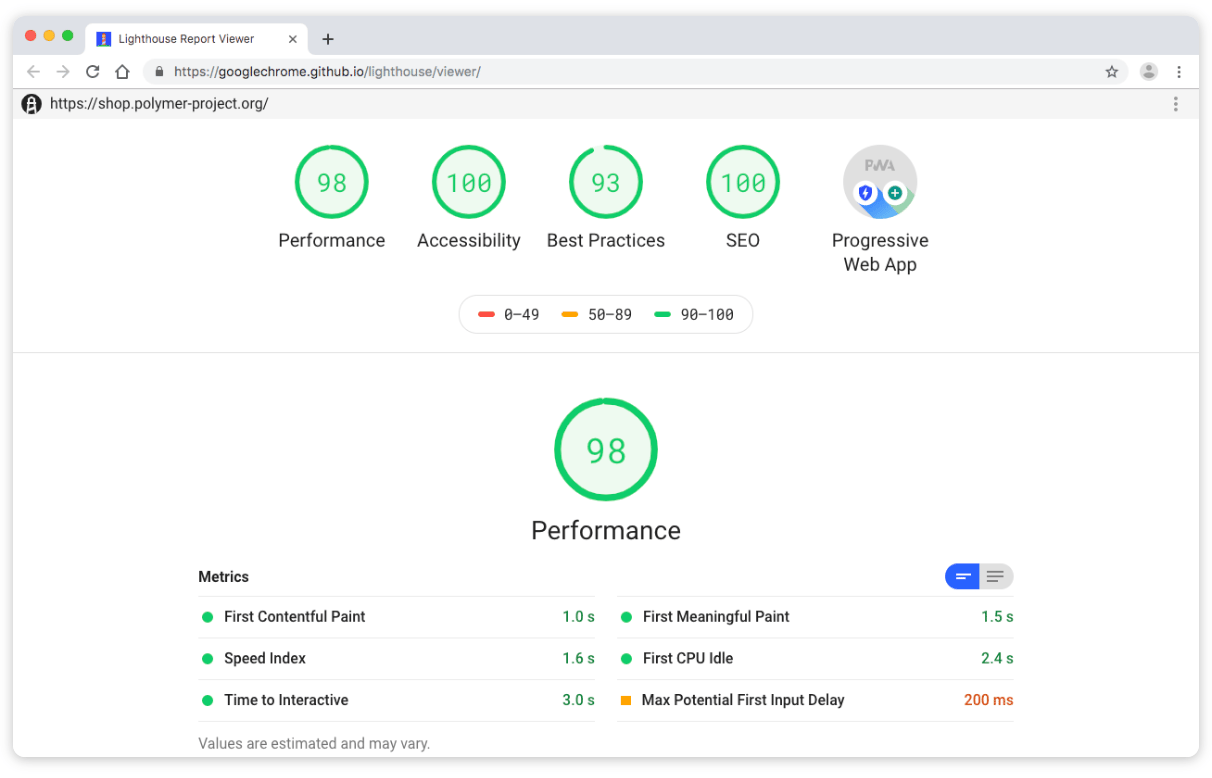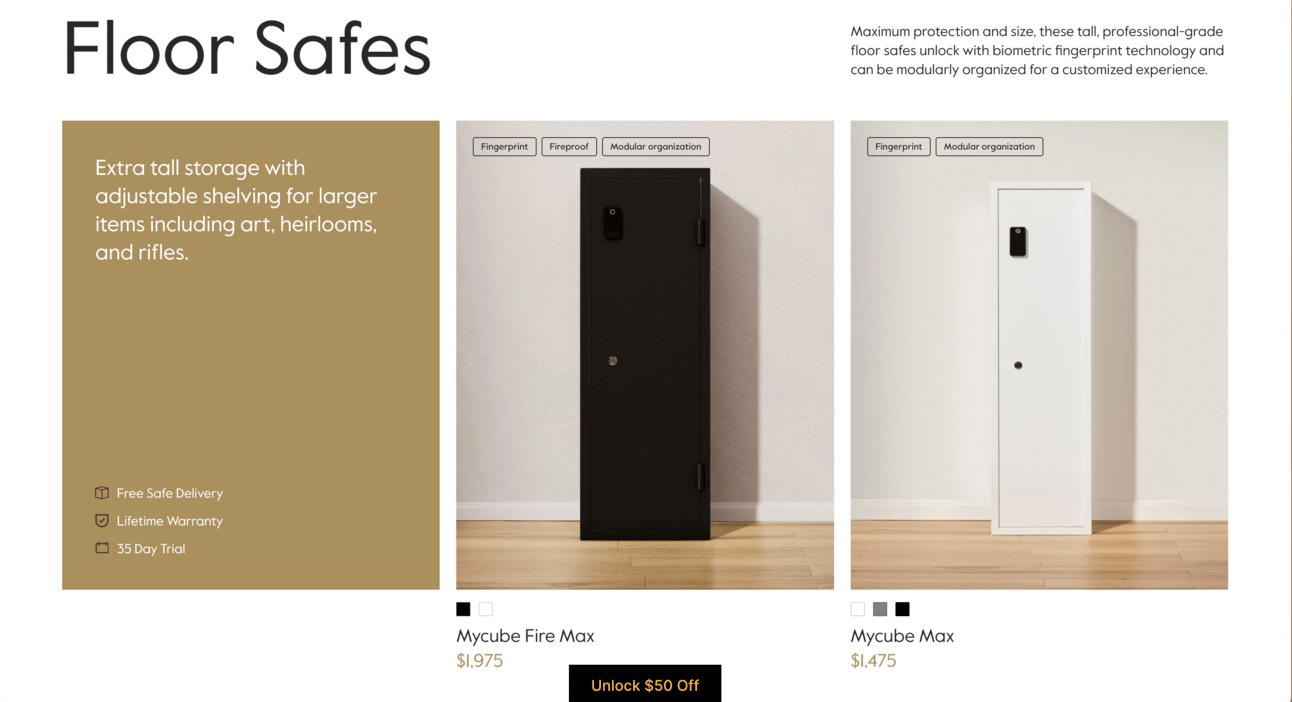Hello!
I hope your week has been off to a great start.
We’ve been talking to a few clients about launching into international markets lately. Each market has its own rules and regulations, which need to be factored into your offering as well as your ecommerce site.
What works at home doesn’t always work abroad – this rule of thumb can be applied to everything from tone of voice to user behaviours but one thing that often falls under the radar is accessibility.
Today, I’m diving into accessibility in the US market and what you need to be careful of in a country where suing brands is commonplace.
Here’s what I’ve got for you today:
Market insights
🇺🇸 The accessibility scam
Advice
📱 Why accessibility apps are not the answer
⌨️ The solution
🇺🇸 MARKET INSIGHTS
The accessibility scam
We all know that accessibility and inclusivity are important – it isn’t just something to tick off the list, it’s about catering to everyone you serve as a brand.
Many of our clients bring up the topic of accessibility when it comes to launching in the US. It’s a crazy landscape that you should venture into with your eyes open.
A few weeks ago, we were doing a session with accessibility specialists, 216Digital, who work with our NYC-based client Mycube.
MyCube is a successful business with great marketing, so naturally, they have been targeted multiple times by law firms looking to sue them under the guise of accessibility.
Essentially, some law firms make it their business to scan websites and find accessibility issues so they can sue companies. They’re not representing victims – just legal loopholes.
Outrageous, right?
“How on earth is this legal!?” – I hear you cry. I’ll tell you.
In the US, websites fall under the public domain, meaning that in the eyes of the law, they are owned by the public, despite being operated and paid for by private entities. Bonkers.
This is largely because the laws were created well before the internet became what it is today – a classic case of technology moving faster than bureaucracy.
I’m not telling you this to scare you off the US. Depending on your business, it’s a brilliant market to be in. You just need to get your ducks in a row first.
📱 ADVICE
Why accessibility apps are not the answer
When you’re designing a site for true accessibility, you take into account the specific requirements of all special needs users – blind, visually impaired, deaf, cognitively delayed, etc.
Because these law firms aren’t representing real victims, they’re not looking for true accessibility standards. Instead, they’re targeting companies that use accessibility apps.

Websites that use accessibility apps normally feature a symbol like this
Why?
People who actually need accessibility tools have their own screen readers. Accessibility apps mess around with the javascript on your website and disable these users’ tools.
It’s a bit like someone with a wheelchair going to a restaurant and then being told they can’t use their own one, but instead must use the wheelchair provided.
So we’ve ruled out accessibility apps – what about Google Lighthouse?

Google Lighthouse score dashboard
My advice? Save your money.
You can spend thousands trying to get a high accessibility score on Google Lighthouse but it won’t protect you from predatory law firms.
Enough of the doom and gloom – here’s some good news. The solution to all this is simple.
⌨️ ADVICE
The solution
Quality HTML.
That’s what will protect you in the US.
The quality of your website’s code comes down to the experience of your developers.
When 216Digital was auditing the Mycube site we just built (we passed by the way), it became apparent that it’s the Wild West out there. With no set industry standards, less-experienced developers are making mistakes that could cost their clients dearly.
If you’re looking for a development partner – do your due diligence:
Ask about your developer’s experience (the one who is actually building your website)
Ask about their development standards and how they ensure all developers meet them
Look for reviews or testimonials from previous clients
Ask what kind of projects they specialise in and what they’ve learnt from them
At Studio Almond, all our developers are trained to the same high standard – which I set as the technical lead in our business. If they’re learning something new and aren’t yet at the standard, their code doesn’t get published. Simple as that.
If you’re considering launching in the US – or have already – and want us to “take a look under the hood”, get in touch. We’re here to help.
❤️ REFER A FRIEND
Share the love
Know somebody who might like this newsletter?
Thanks for reading!
Until next time.


Alex Murton
Managing Director & Co-Founder
Studio Almond


